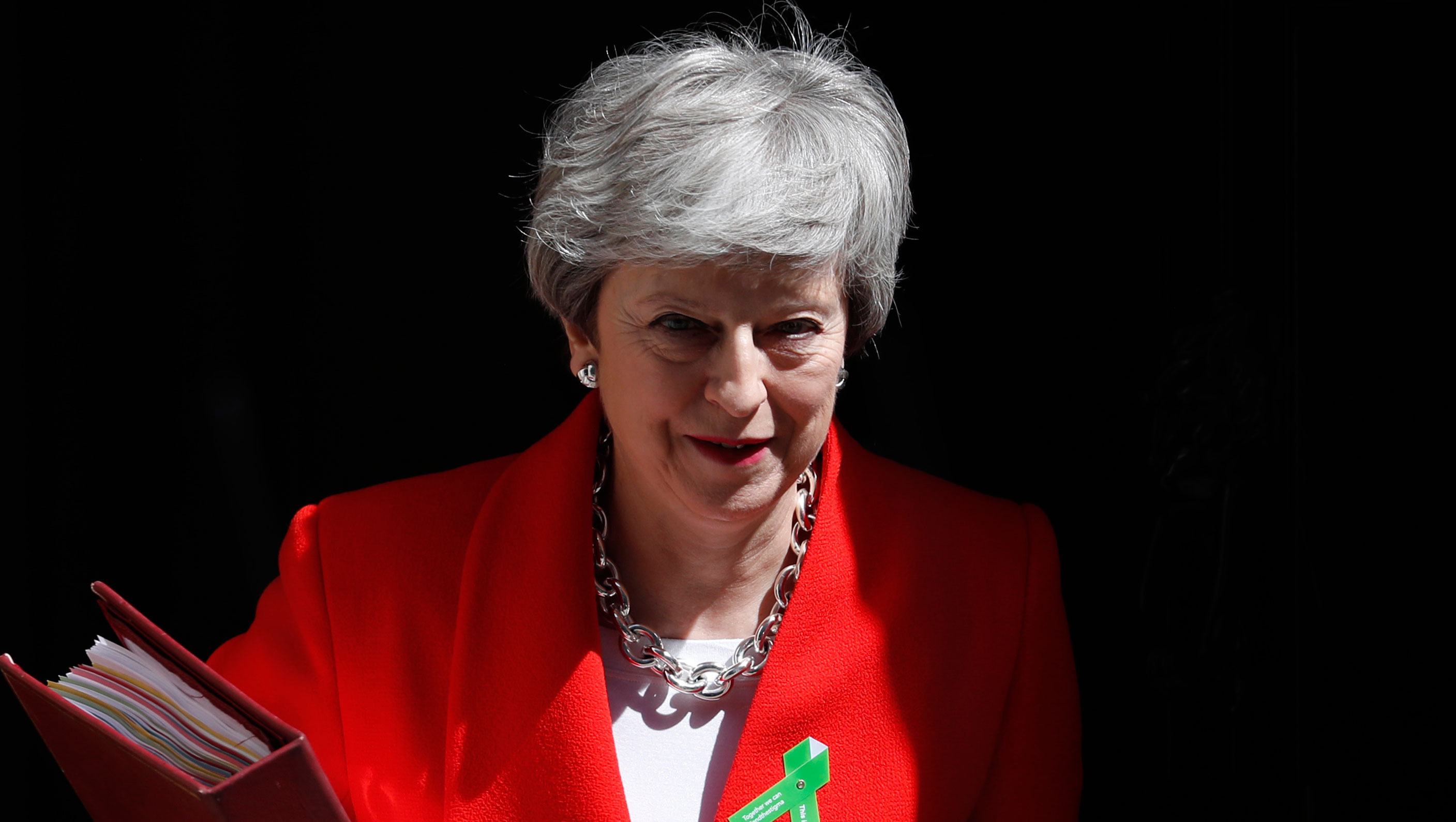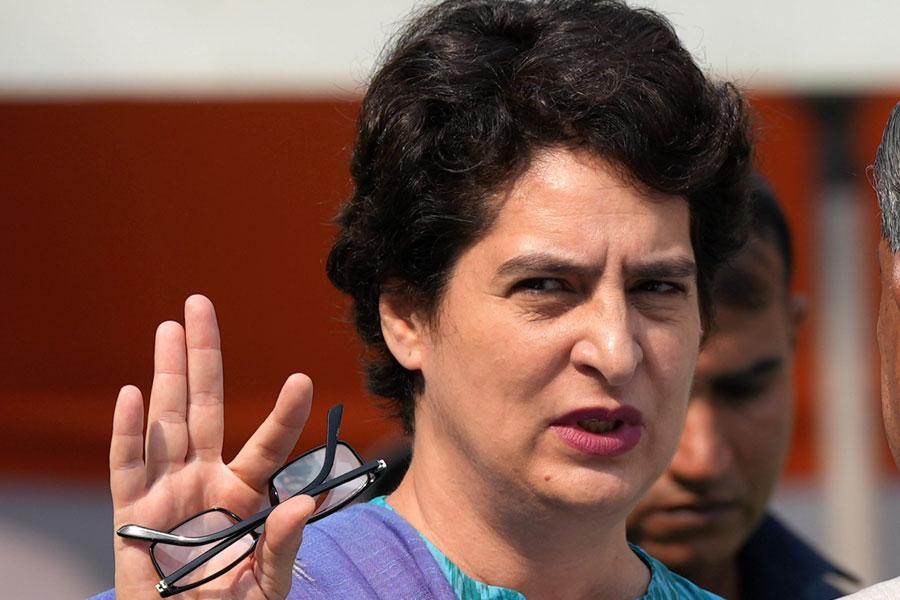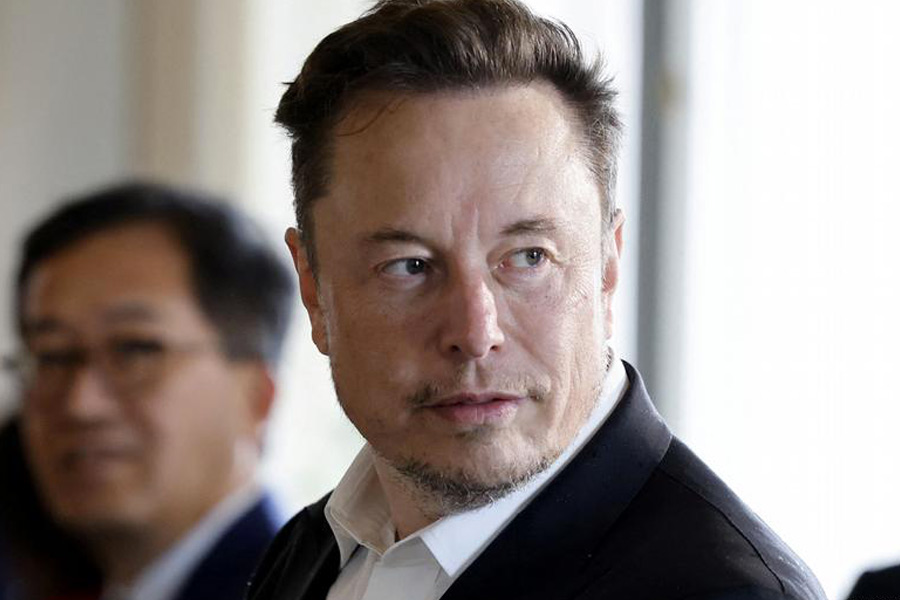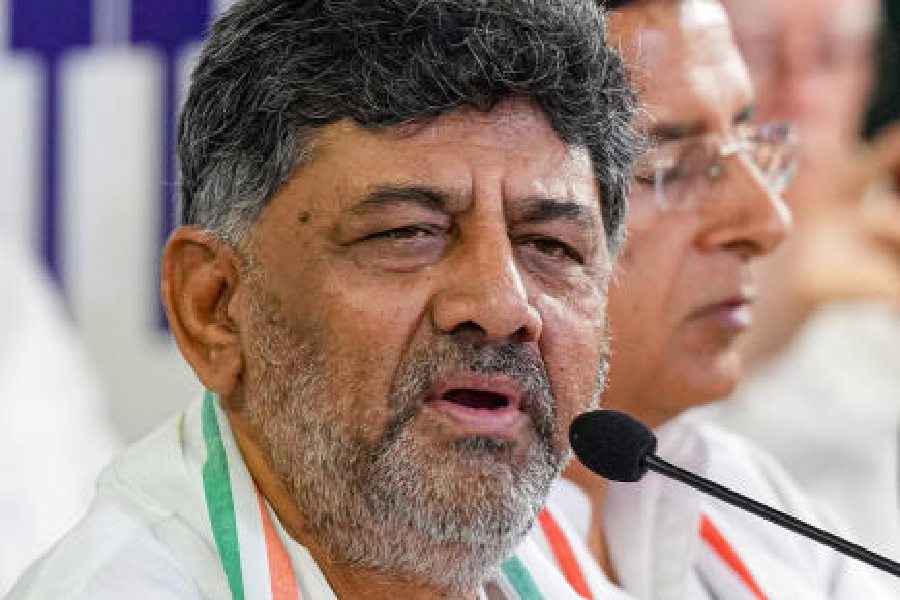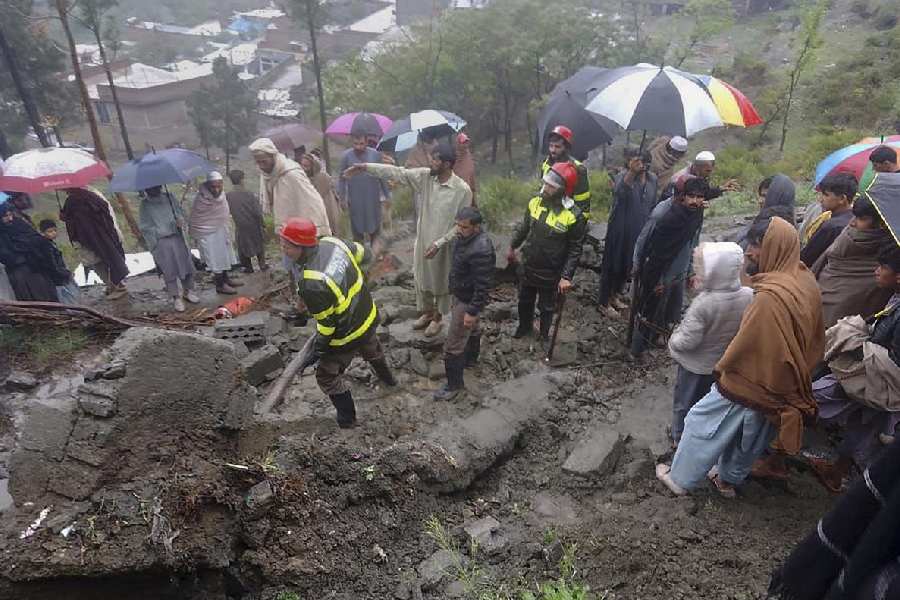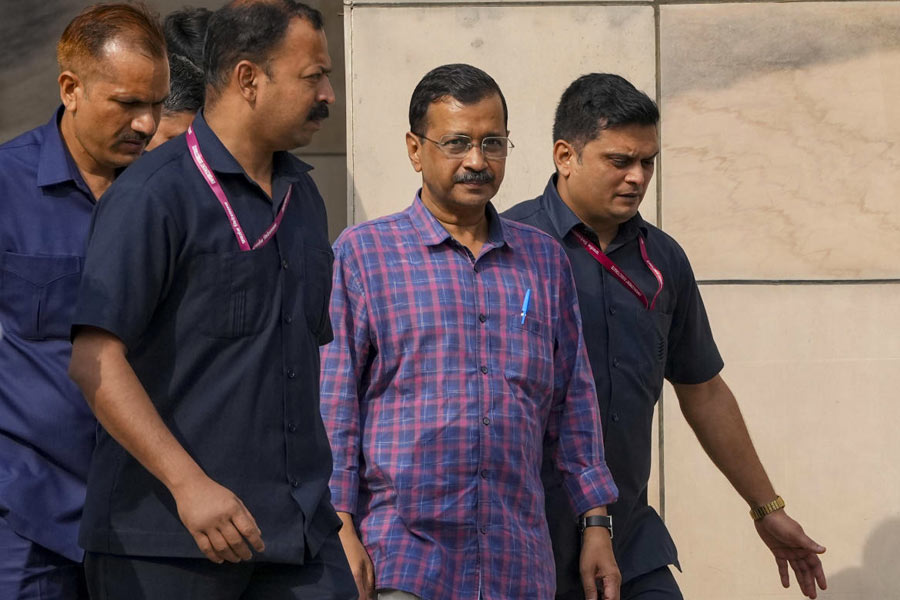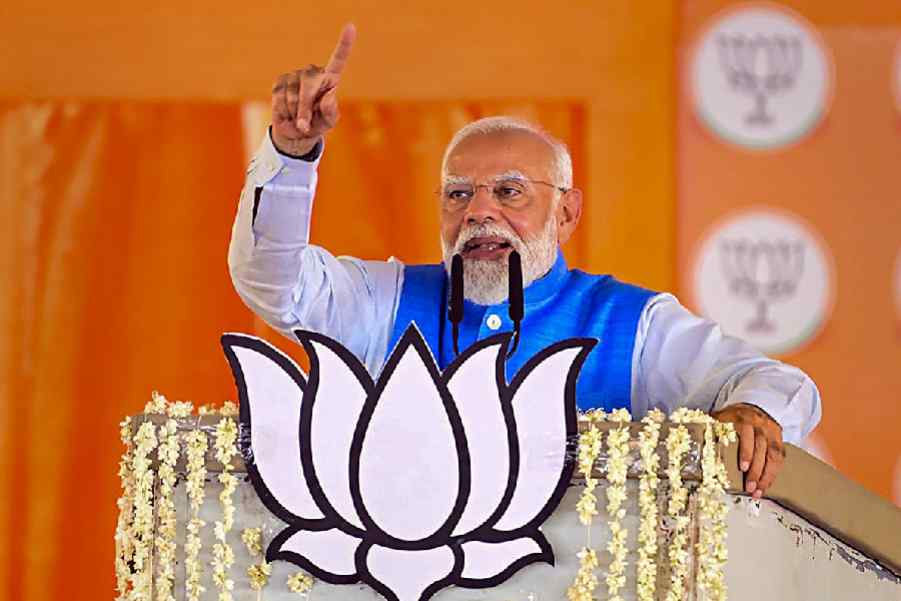The United Kingdom “is falling behind in the global race to engage with a rising India”, says a report published on Monday by the influential Commons foreign affairs committee.
The report, one of the most analytical and thorough on India-UK relations published in decades, is critical of the British government’s failure to recognise Indian concerns, especially on visas and student admissions.
It also makes the point: “Our efforts to build links with China, and partner with Chinese infrastructure projects in the region, should not be pursued at the expense of ties with India.
“While our relationship with Beijing is undoubtedly important, the depth of shared values between the UK and India make New Delhi a vital strategic partner for the future.”
On Pakistan, it recognises that “the UK’s ties with Pakistan complicate the process of building a closer defence and security relationship with India. Some Indian observers view the UK as overly sympathetic to Pakistan.
“The recent flare-up in tensions between India and Pakistan is deeply regrettable and dangerous. Given limited official lines of communication between the two countries, it is vital that there are countries that are on friendly terms with both, and can work to reduce tensions.
“The UK’s ability to maintain good relations with both New Delhi and Islamabad, and be perceived as a credible interlocutor, is particularly important following these clashes.”
Examining whether India and the UK have “a special relationship”, a term usually reserved for Britain’s bonds with the United States, it says: “The UK has failed to give this relationship the attention it deserves.”
The committee is chaired by the Tory MP Tom Tugendhat, who in April this year pressed Prime Minister Theresa May to offer a full apology for the Jallianwala Bagh massacre on the occasion of its 100th anniversary, but with only limited success.
A wide range of Indian and British experts gave evidence to the committee, one of whose members is Priti Patel, who used to be David Cameron’s India “diaspora champion”, a position discontinued by May. In any case, Priti is more concerned with getting Britain out of the European Union as a hard-line Brexiteer.
Foreign policy has been totally ignored during the Tory leadership contest. Another problem is that the foreign office minister dealing with India, Mark Field, who gave evidence to the committee, is now “suspended” after roughly grabbing a woman protesting about climate change at a formal dinner in London last week.
“Some witnesses told us that, while an older generation in India still see the UK as a natural partner, many young people look first to countries such as the US. British-Indian entrepreneur Lord (Karan) Bilimoria said that the relationship was at its lowest point in his 15 years of working on bilateral initiatives.”
The report observes that the current foreign secretary and Tory leadership contender, Jeremy Hunt, “has not yet visited India”.
In its summary, the report says: “Despite strong ties across investment, education and culture — and a shared commitment to democracy and to the rules-based international order — the relationship is not fulfilling its potential.
“India’s place in the world is changing fast, and UK strategy has not yet adjusted to this new reality. As the UK prepares to leave the EU, it is time to reset this relationship.
“We cannot afford to be complacent or rely on historical connections to deliver a modern partnership. The government needs to adapt its strategy to India’s enhanced influence, doing more to recognise and respond to New Delhi’s priorities.”
It acknowledges: “UK migration policy has at times undercut our broader strategic objectives for the relationship — while the Global Britain strategy is not being heard clearly in India, the ‘hostile environment’ message is getting through. Movement between the UK and India is what builds the living bridge, and students ensure it will remain strong long into the future.”
“Hostile environment” is a reference to the attitudes towards immigrants allegedly pursued by May during her six years as home secretary.
The report deals with whether there will be an India-UK Free Trade Agreement after Britain leaves the EU. It believes that “a full UK-India trade deal is unlikely to be signed in the near term and Indian policy and business communities do not have a clear sense of the UK’s plan to be more open to the world…. The government should prioritise trade talks with India and do more to lay the groundwork for an eventual deal.”
On visas and students, the committee says: “Limits on the movement of people are a major constraint on UK-India ties. Many Indian nationals come to the UK, and nine in every 10 Indian visa applications to the UK are granted.
“However, skilled workers, students, and tourists find the system unwelcoming, expensive, and difficult to navigate. This has hit key UK export sectors such as education and tourism, and Indian export sectors such as IT services.
“The UK has lost ground in its share of India’s students and tourists. In 2012 the government cancelled a post-study work visa that had allowed international students to work for two years after graduation.
“The number of Indian students dropped by more than half. As one witness warned us: ‘The perception has now seeped in that the UK is not a good place to go.’ Of the 750,000 Indian students studying abroad in 2018, fewer than 20,000 were in the UK — two-thirds the number in New Zealand.”
The committee attaches great importance to the Indian diaspora in the UK: it estimates its size as 1.45 million though the true figure is known to be nearer 2.5 million, taking into account UK-born Indians.
“The diaspora is a hugely important resource in developing the UK’s relationship with India. Movement of people plays a crucial part in these ties — without easy movement between the UK and India, there can be no living bridge.”
The report comes down hard on the government: “The story of the UK’s recent relationship with India is primarily one of missed opportunities. In all fundamental respects, the UK is well placed to capitalise on a mutually beneficial relationship with India — so it is a disappointing reflection on recent UK governments that we have been losing out in term of influence and trade.
“There are certain practical steps the government must take to reset its relationship with India, in particular making it easier for Indians to visit the UK and to work or study here. But it is also vital that the government sets the right tone and sends strong messages.”

